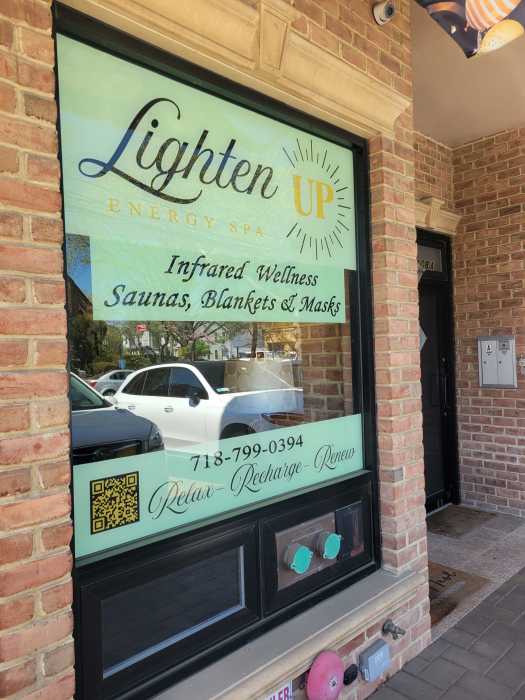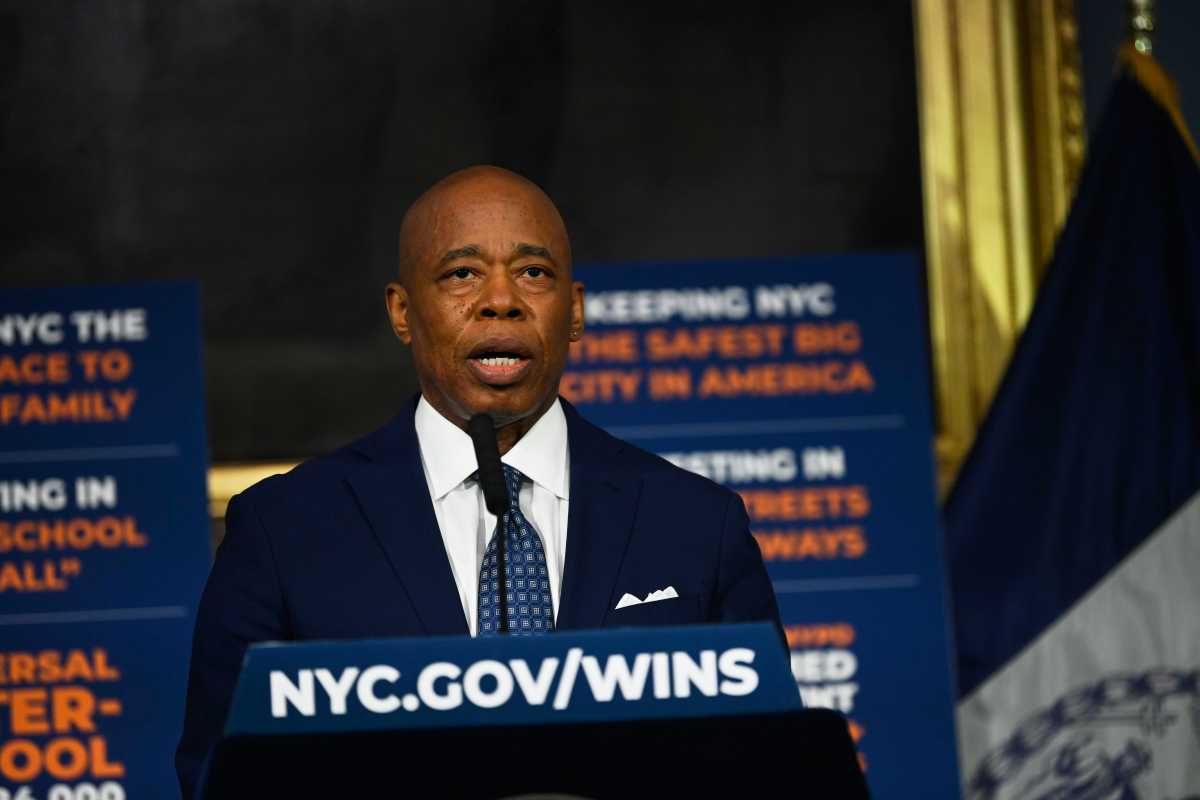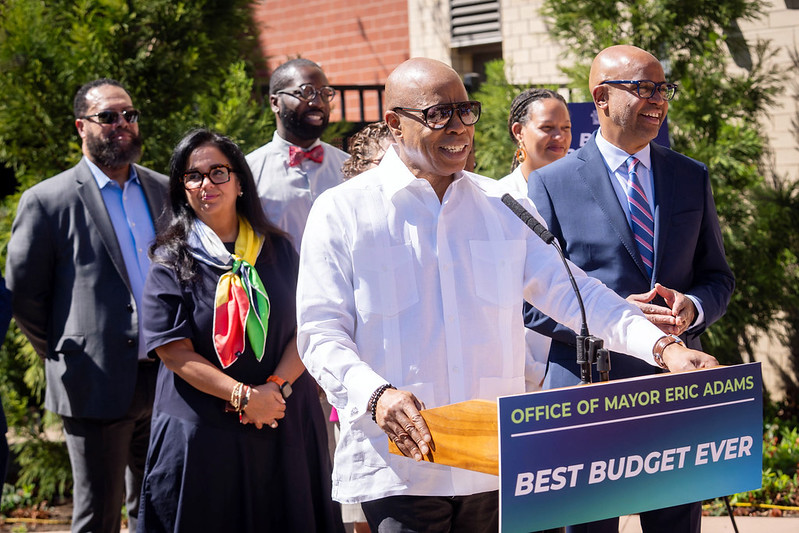By Chris Fuchs
The resolution, which was introduced by Councilman Sheldon Leffler (D-Hollis) on the council floor in February 1999, would remove for January and February a 4 percent sales tax levied on home-heating oil. Although at first blush, it appears that the measure would have a negligible impact on consumers, city officials and energy analysts said it would save each city resident on average this winter $50 depending on the size of the space they are heating.
Some officials, though, said the resolution, which must first be approved by the state Legislature and then signed into law by the governor, could fall short of providing Queens residents with any tangible benefits. Thus, the officials said the city is exploring alternative avenues for lowering oil prices such as permitting residents to take a credit on their income taxes.
But even if the sales tax is eliminated for the next two months, the oil providers could counterbalance that move by raising their own prices.
“I wish I could be optimistic, but these measures take time,” said state Sen. Toby Stavisky (D-Flushing), in an interview last Thursday. “I would support it, but I think that in times of economic prosperity, the state should certainly forgo a regressive tax.”
In October 1980, the state Legislature voted to eliminate the sales tax on home heating oil for the state following the Iranian oil disruption, but the city has maintained the 4 percent tax all throughout. In recent years, the price of home-heating oil has been quite variable, rising as high as $2.28 a gallon in February last year. Analysts attributed this spike in New York City prices to a temporary disruption in the delivery of oil to consumers because of inclement weather.
This year the inventories that the oil industry holds have been lower than last year in face of increased demand for heating oil and higher production of the fuel, said John Lichtblau, the chairman of the Petroleum Industry Research Foundation.
U.S. stocks of heating oil stood at 120.1 million barrels in November, a 15 percent drop from year-earlier levels, according to the American Petroleum Institute, an industry trade group.
Demand for heating oil in November was up 3.7 percent to 3.741 million barrels a day from the same month last year and production of the fuel was ahead 5 percent at 3.8 million barrels a day from the rate in November 1999.
In October 2000, the Organization of Petroleum Exporting Countries increased its crude oil production by 800,000 barrels a day after limiting output in a move that has driven up world oil prices. President Clinton, in an attempt to cushion the blow of rising oil prices, ordered the release of 30 million barrels of crude oil from the U.S. Strategic Petroleum Reserve.
Apart from the resolution now before the City Council, the Mayor's Home Heating Oil Task Force, a committee consisting of industry experts and representatives of the mayor's office and other city agencies, compiled a 67-page report of recommendations on how best to deal with the rising prices.
The report recommended, among other things, that the sales tax on heating oil be suspended for January and February and that federal funding for a low-income energy assistance program be increased.
But Leffler said the tax moratorium should be extended through March to blunt the impact of price increases.
“If the Council acts on it, it will go to Albany and I expect that the state Legislature will approve it,” Leffler said. City officials said if the mayor and the Council fall in lockstep with each other on an issue, it most likely would pass through the state Legislature.
According to the New York Oil Heating Association, 34 percent of a year's worth of oil is used in January and February, but 50 percent is used through March.
Mayor Giuliani supports a repeal of the city sales tax on home-heating oil but only for the first two months of the year.

































